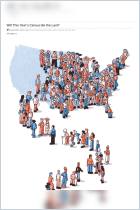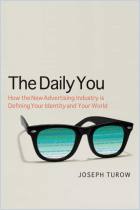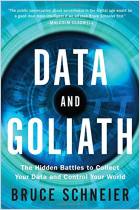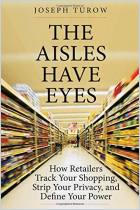
Recommendation
Greg Elmer pulls the veil off the universal practice of consumer profiling and data-collection, and demonstrates its deep societal influence. Daily, when you swipe a credit card or buy a magazine or go online, your personal habits are monitored – and someone will use that information to make a buck. Both in terms of its topic and its treatment, this book should be too theoretical to hold much interest for the business public. Who cares about communications theory as applied to the continual mapping of personal consumer information? However, you can’t push this into a dusty corner, because the subtle cultural effect of the increasingly close monitoring and data mining of consumer behavior is too powerful to overlook. While the book has a slightly dry, academic direction, getAbstract still strongly recommends it to those who are curious whether the juggernaut economic machine will steamroll over the privacy rights of those who use and feed it.
Summary
About the Author
Greg Elmer is an associate professor in the Department of Communications at Florida State University in Tallahassee, Florida. He is editor of Critical Perspectives on the Internet and co-editor of the journal Space and Culture.




















Comment on this summary or 开始讨论